The Trials of Cato - Hide and Hair (2018)
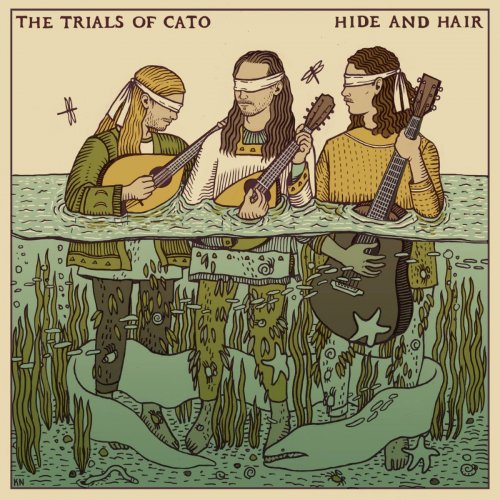
Artist: The Trials of Cato
Title: Hide and Hair
Year Of Release: 2018
Label: The Trials of Cato Ltd
Genre: Traditional Folk, Bluegrass
Quality: 320 / FLAC (tracks)
Total Time: 43:50
Total Size: 101 / 283 Mb
WebSite: Album Preview
Tracklist: Title: Hide and Hair
Year Of Release: 2018
Label: The Trials of Cato Ltd
Genre: Traditional Folk, Bluegrass
Quality: 320 / FLAC (tracks)
Total Time: 43:50
Total Size: 101 / 283 Mb
WebSite: Album Preview
1. Difyrrwch (03:01)
2. Gloria (04:52)
3. Haf (04:03)
4. Kadisha (05:05)
5. Gawain (05:37)
6. Libanus (03:21)
7. Tom Paine's Bones (04:02)
8. These Are the Things (03:24)
9. My Love's in Germany (04:44)
10. The Drinkers (05:41)
Rising stars The Trials of Cato are about to hit the earth s atmosphere with a bang, so sit back and enjoy the fireworks. Something very special has landed.
Formed in Beirut while the three band members were in Lebanon working as English teachers, Trials of Cato are Tomos Williams on guitar, Will Addison on Irish bouzouki and tenor banjo, Robin Jones on mandolin and tenor banjo. All share harmony vocals with the lead shared between Addison and Jones.
As someone with a passion for British folk and new music in particular, it s always a danger to descend into hyperbole when it comes to a brilliant new band. But I m in good company: BBC Radio 2 s folk master Mark Radcliffe calls them, one of the real discoveries on the folk circuit in recent times , and John Davis, who is remastering Led Zeppelin describes them as The Sex Pistols of folk . Even our very own Folk Radio master, Alex Gallacher, told me he thinks the band will make waves over the next year.
I can only imagine what it was like to listen to the Incredible String Band s mind-blowing debut album in 1965 amid the stuffy world of trad folk, but Hide and Hair is probably as close as I ll ever get. Not that they are sonically that similar to the ISB, but there is something about their energy, their originality and their assurance that draws a comparison.
The opening track, a traditional set of tunes named Difyrrwch (a Welsh word which means amusement/entertainment) has such a bounce, such energy and vigour it sounds totally fresh. I defy any folk lover not to listen with a broad grin and an urge to dance around the room. It sets the scene for the album perfectly, it s folk as we know it but somehow refreshed and made new. As it should be.
Their time in Lebanon has muddied their North Wales and Yorkshire roots to add a distinctly Arabic twinge, like a Baharat spiced Welsh Oggie, or a Yorkshire Parkin with added cardamom. It s a delicious, heady mix. Another instrumental, Kadisha bursts into life 40-seconds after the tenor banjo opening, the ensemble playing and arrangement is outstanding. As is the final instrumental, Libanus, a new tune, which opens the second half of the album.
Addison has more strident rocky vocals, whereas Welshman Jones has a more characterful voice, but they both swell along with Williams to make their harmonies soar. The first song on the album, Gloria, is about small-town bigotry and finding your true self in the big city. It s a passionate vocal performance by Addison and a high-water-mark on an outstanding album.
The second song the Welsh-language Haf (summer in English) is a tale of love and the simple pleasures of sitting in a garden in the heat of the day. It s an appropriately warm and breezy melody.
The fifth track Gawain is a suitably mystical re-telling of the 14th-century Middle English chivalric romance, one of the best-known Arthurian tales. It teeters on the verge of being overblown but settles into an acoustic prog-rock arrangement without descending too far into that genre s pomp. And it s ending is suitably epic, voices and strings swelling to a crescendo with a starling electric guitar solo.
The second half of the album is more overtly political, with a rousing version of Dorset songwriter Graham Moore s Tom Paine s Bones, which should be familiar from recent versions by Grace Petrie and The Young uns. It s a welcome rallying cry for truth and justice in these dark political times.
As is another new song, These Are The Things, which has the anger and outrage of the best Oysterband songs. The lyrics list a catalogue of crimes against justice, put on trial by the Cato band, ending with a call for the tables to be turned on the rich and powerful. It s bold and beautiful.
The traditional anti-war ballad, My Love s in Germany, adapted from a poem by Scottish writer Hector Macneill, is brought bang up to date here. It s a universal tale of doomed soldiers sent off to war for a cause that s not their own, and of the loved ones who lament their ultimate loss. Sung with an unwavering passion, it s another haunting highlight.
The last track sets a different tack, it s a rousing drinking song appropriately called The Drinkers, which ends with another thrilling reel. The tune echoes the traditional I ll Go and List for a Sailor and, while the song ends with the drinkers unfortunate demise, you get the distinct feeling they had a lot of fun on the way.
If there s a more exciting debut album from a folk band this year, then I haven t heard it. This is a very special release, and I can only suggest you get on board for hopefully a long and thrilling ride to come.
Formed in Beirut while the three band members were in Lebanon working as English teachers, Trials of Cato are Tomos Williams on guitar, Will Addison on Irish bouzouki and tenor banjo, Robin Jones on mandolin and tenor banjo. All share harmony vocals with the lead shared between Addison and Jones.
As someone with a passion for British folk and new music in particular, it s always a danger to descend into hyperbole when it comes to a brilliant new band. But I m in good company: BBC Radio 2 s folk master Mark Radcliffe calls them, one of the real discoveries on the folk circuit in recent times , and John Davis, who is remastering Led Zeppelin describes them as The Sex Pistols of folk . Even our very own Folk Radio master, Alex Gallacher, told me he thinks the band will make waves over the next year.
I can only imagine what it was like to listen to the Incredible String Band s mind-blowing debut album in 1965 amid the stuffy world of trad folk, but Hide and Hair is probably as close as I ll ever get. Not that they are sonically that similar to the ISB, but there is something about their energy, their originality and their assurance that draws a comparison.
The opening track, a traditional set of tunes named Difyrrwch (a Welsh word which means amusement/entertainment) has such a bounce, such energy and vigour it sounds totally fresh. I defy any folk lover not to listen with a broad grin and an urge to dance around the room. It sets the scene for the album perfectly, it s folk as we know it but somehow refreshed and made new. As it should be.
Their time in Lebanon has muddied their North Wales and Yorkshire roots to add a distinctly Arabic twinge, like a Baharat spiced Welsh Oggie, or a Yorkshire Parkin with added cardamom. It s a delicious, heady mix. Another instrumental, Kadisha bursts into life 40-seconds after the tenor banjo opening, the ensemble playing and arrangement is outstanding. As is the final instrumental, Libanus, a new tune, which opens the second half of the album.
Addison has more strident rocky vocals, whereas Welshman Jones has a more characterful voice, but they both swell along with Williams to make their harmonies soar. The first song on the album, Gloria, is about small-town bigotry and finding your true self in the big city. It s a passionate vocal performance by Addison and a high-water-mark on an outstanding album.
The second song the Welsh-language Haf (summer in English) is a tale of love and the simple pleasures of sitting in a garden in the heat of the day. It s an appropriately warm and breezy melody.
The fifth track Gawain is a suitably mystical re-telling of the 14th-century Middle English chivalric romance, one of the best-known Arthurian tales. It teeters on the verge of being overblown but settles into an acoustic prog-rock arrangement without descending too far into that genre s pomp. And it s ending is suitably epic, voices and strings swelling to a crescendo with a starling electric guitar solo.
The second half of the album is more overtly political, with a rousing version of Dorset songwriter Graham Moore s Tom Paine s Bones, which should be familiar from recent versions by Grace Petrie and The Young uns. It s a welcome rallying cry for truth and justice in these dark political times.
As is another new song, These Are The Things, which has the anger and outrage of the best Oysterband songs. The lyrics list a catalogue of crimes against justice, put on trial by the Cato band, ending with a call for the tables to be turned on the rich and powerful. It s bold and beautiful.
The traditional anti-war ballad, My Love s in Germany, adapted from a poem by Scottish writer Hector Macneill, is brought bang up to date here. It s a universal tale of doomed soldiers sent off to war for a cause that s not their own, and of the loved ones who lament their ultimate loss. Sung with an unwavering passion, it s another haunting highlight.
The last track sets a different tack, it s a rousing drinking song appropriately called The Drinkers, which ends with another thrilling reel. The tune echoes the traditional I ll Go and List for a Sailor and, while the song ends with the drinkers unfortunate demise, you get the distinct feeling they had a lot of fun on the way.
If there s a more exciting debut album from a folk band this year, then I haven t heard it. This is a very special release, and I can only suggest you get on board for hopefully a long and thrilling ride to come.
![Bob James, David Sanborn, Tsuyoshi Yamamoto, Susan Wong, Fourplay - The Best Of Evosound Audiophile (2024) [SACD] Bob James, David Sanborn, Tsuyoshi Yamamoto, Susan Wong, Fourplay - The Best Of Evosound Audiophile (2024) [SACD]](https://www.dibpic.com/uploads/posts/2026-02/1771744987_folder.jpg)
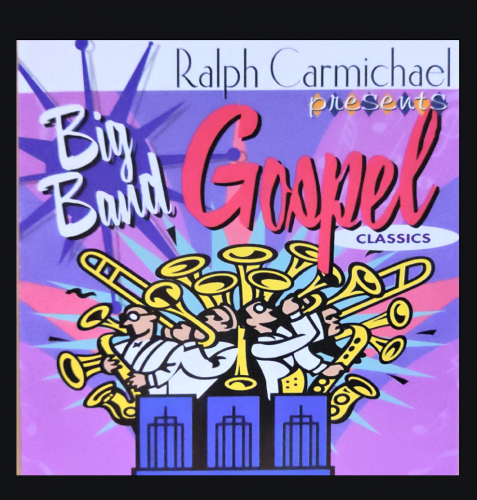
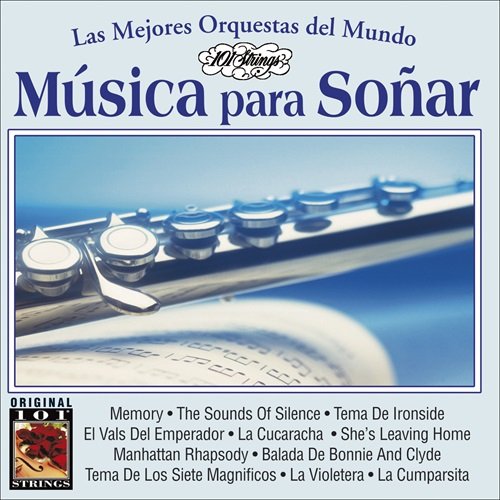
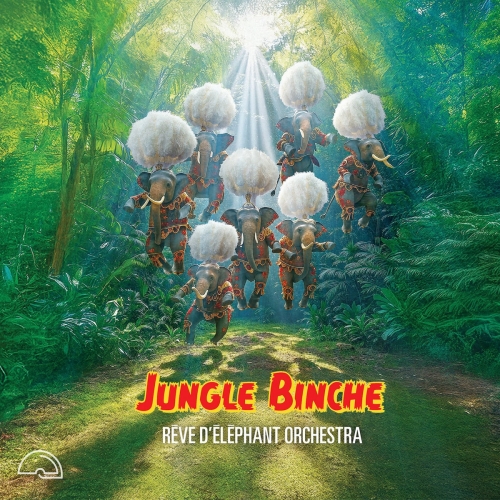
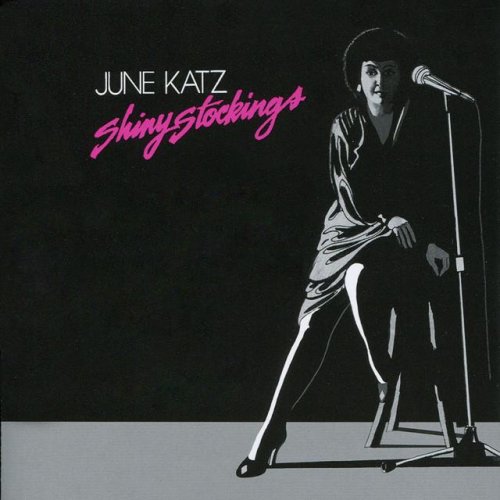
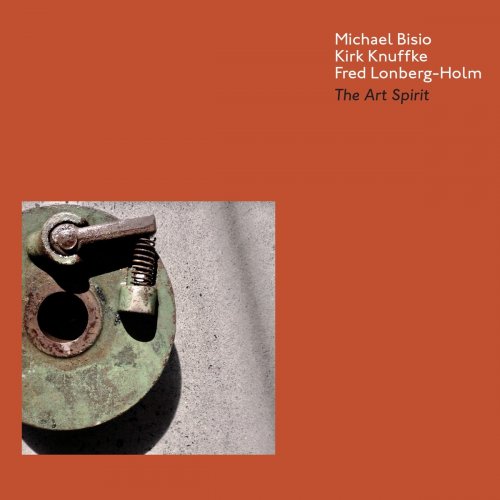
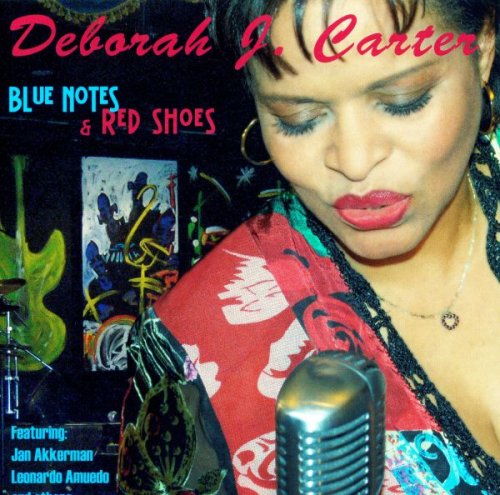
![Marvin Birungi - Soul Vaxnation (2026) [Hi-Res] Marvin Birungi - Soul Vaxnation (2026) [Hi-Res]](https://www.dibpic.com/uploads/posts/2026-02/1771660075_500x500.jpg)
